Ensuring your dog has healthy gums and teeth is the most important step toward making sure they get the most benefit out of their food. As well as the associated pain which can make them hesitant to eat, it also affects their metabolism. Bacteria resulting from poor dental condition, can enter the bloodstream causing more issues with various organs.
Problems that can occur:
Plaque builds up on the outside of the teeth usually focussed in the area at the base of the tooth adjacent to the gums. Plaque is caused by bacteria living in food remnants combining with saliva.
Tartar/calculus is when the existing plaque combines with minerals in the saliva and hardens. This can irritate the gums, making them red (gingivitis) and noticeable as it causes bad breath (halitosis).
Periodontal disease is irreversible and occurs when the tartar builds up under the gum line causing pockets and abscesses to form when the bony structures of the jaw are separated from the teeth. This can lead to tooth loss, bleeding and eating difficulties.
Check your dog’s teeth regularly for signs:
- Bad Breath
- Red, Bleeding or swollen gums
- Crusted yellow-brown tartar build-up
- Drooling
- If severe, the dog may drop food when eating and lose weight
Dental Care:
If starting with a puppy, you can get the puppy used to having his/her teeth brushed. Start gently by parting the lips and rubbing the teeth and gums with your finger wrapped in a cloth. Practise often and praise afterward. When your puppy learns to accept this attention, progress to a soft toothbrush using warm water, paying particular attention to where the teeth and gums meet. Never use human toothpaste, canine suitable toothpaste is available.
Regular provision of chew toys, bones and dry dog food all help to keep teeth clean and healthy. A product called ‘Plaque Off’ can assist in keeping your dog’s teeth plaque free.
Refer to a vet if concerned about your dog’s teeth.
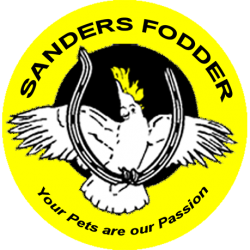
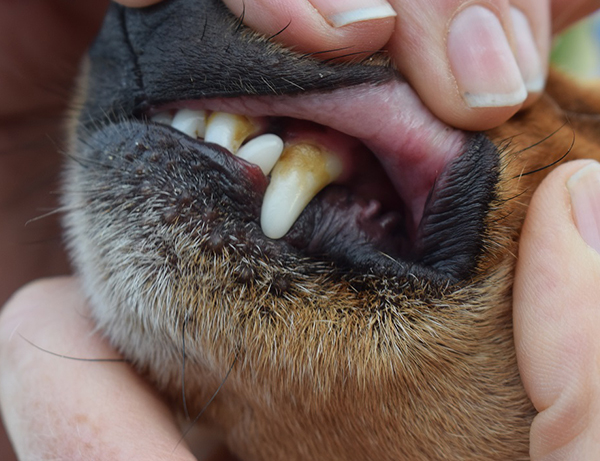
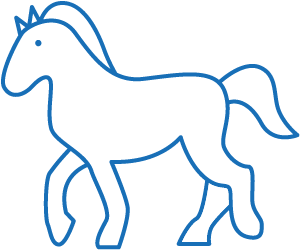
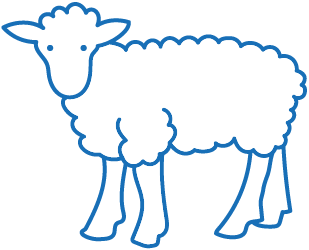

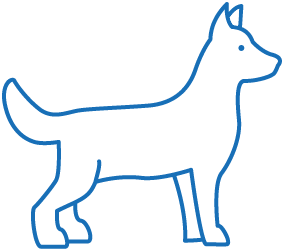







Uncle Alber's special price, get in quick!
#dogfood #chalkboardspecials ... See MoreSee Less
0 CommentsComment on Facebook
Carrots 🥕🥕🥕
Liking Caleb's artistic skills 😊
#chalkboardspecials ... See MoreSee Less
0 CommentsComment on Facebook
LAST DAYS of our Tuckers catalogue sale
ends tomorrow 1.30pm
www.sandersfodder.com.au/catalogues/tuckers-winter-catalogue-3/
#cat #dog #horse #pet #garden #farm #chalkboardspecials ... See MoreSee Less
0 CommentsComment on Facebook
Last week of our catalogue sale - ends June 22nd
www.sandersfodder.com.au/catalogues/tuckers-winter-catalogue-3/ ... See MoreSee Less
0 CommentsComment on Facebook
Get onto those weeds now
Spray equipment in store
#weedsprayers #herbicides #chalkboardspecials ... See MoreSee Less
0 CommentsComment on Facebook